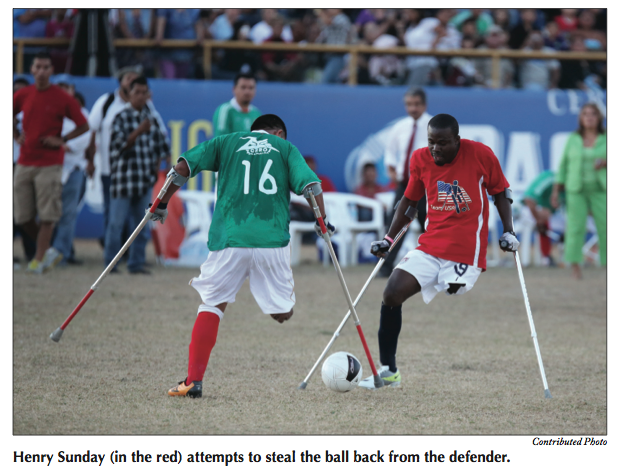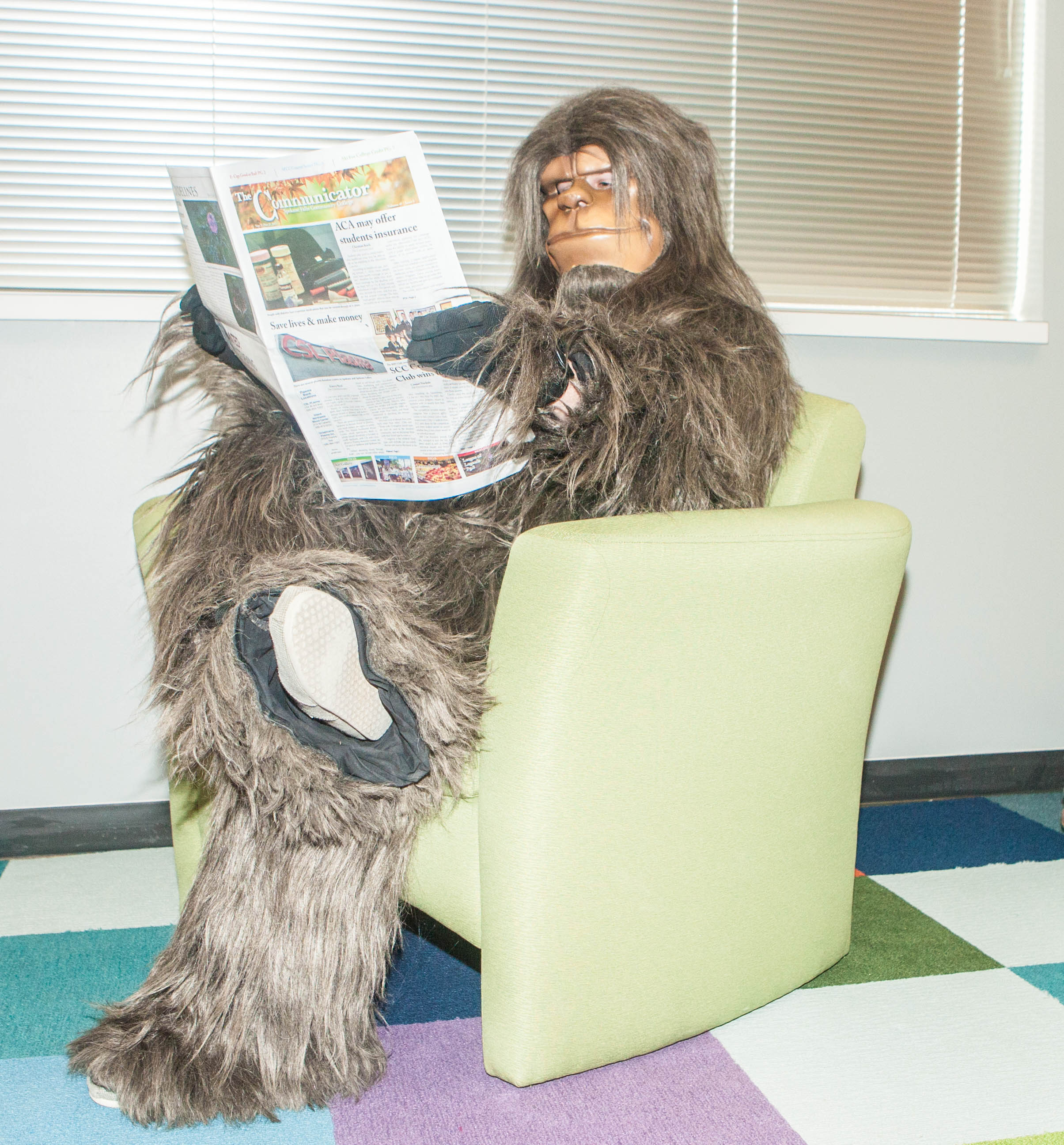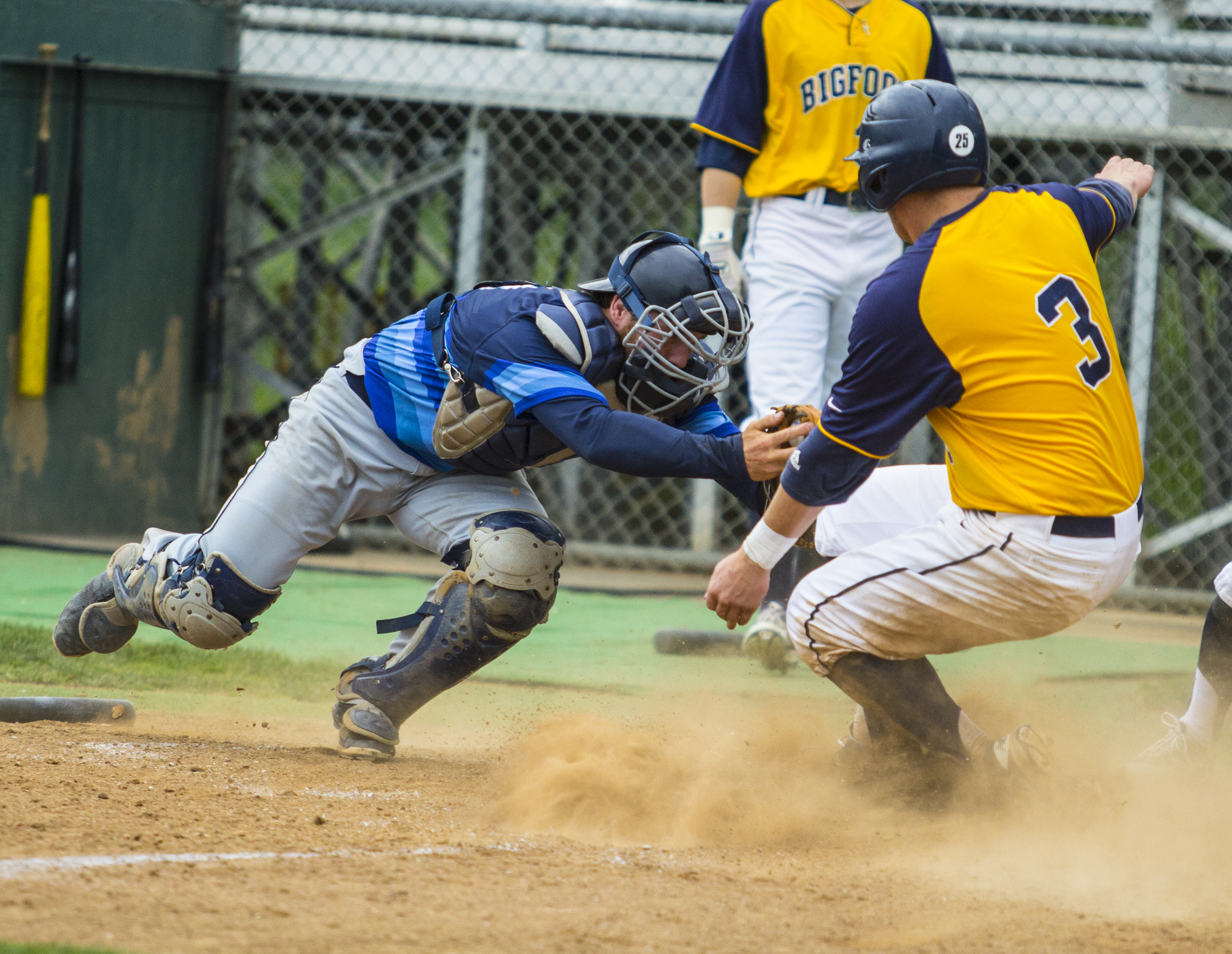Jeremy Logan
The Communicator
While returning from soccer training in Port Harcourt, Nigeria, Henry Sunday and his 3 friends were hit by a drunk driver, killing one of the friends and leaving Henry to have his left leg amputated.
“It was due to poor medical attention,” Sunday said referring to his amputation, “If I was in the states I would still have my leg.”
With the help of his friend, Valiry Rossetti, In 2007 Henry was granted a visa to receive medical attention in the US where he received a prosthetic leg. He was in the US for Six months until returning to Nigeria to finish his education.
“Back home in Nigeria, having a disability makes you a second class citizen,” Sunday said, “Most people with a disability end up begging for money.”
His education became too difficult for him to continue and he was forced to drop out in 2008.
From there he attempted to get a visa to head back into the US but found it very difficult.
“Finally, with God on my side,” Sunday said, “I was granted a visa in late 2008.”
After being granted his visa, sunday found that being an international student was too expensive for him, so he was forced to return to Nigeria once again.
Once again he found that no one in his homeland cared much about a man with a disability, but through a major crisis in 2009, Henry was able to return to the US in 2010. He moved to Connecticut where he was able to land himself a job and continue his education in an electronics program there.
With things going well for Henry, he still felt there was something missing. Henry missed participating in team sports. He had seen people playing basketball in wheelchairs, so he went online and came across Amp Soccer. (short for amputee)
After sending an E-mail to the American Amputee Soccer Association he was invited to participate in a friendly match that was put on for charities that brought relief to Haiti.
After the match he went to a training camp in D.C., and after two weeks in the camp he was offered a position on the US National Amputee Soccer Team, which was a much more involved program.
Now with three years on the National team, Henry has moved to Spokane Washington where he continues with his electronics education at SFCC. “There is no point in making excuses for yourself,” Sunday said. He is hoping to bring an interest from others in the Spokane community, to train with him and join AASA.
The athletes travel and those who make the National team can look forward to playing upwards of 30 other countries who participate in international league play.
According to the AASA website at www.ampsoccer.com, they have two primary missions. The first is to promote social interactivity, self-esteem and self-confidence among adult men and women, and especially among veterans, new and youthful amputees through recreational and competitive amputee soccer programs.
Their next mission is to identify, develop, and train athletes to represent the united states in elite international amputee soccer competition, and in paralympic competition when the athlete achieves that status.


